With the eyes of the world watching Glasgow during the COP26 summit, this event reminds us that society needs to switch things up. Naturally, you want to play your part and buy sustainably whenever possible. But, it’s not always clear how best to help. Step forward our bamboo accessories. Wondering how purchasing socks, boxers or scarves can bring about real change? We have the answers.
- Cleaner Air
Rising carbon dioxide levels are a major threat to humankind and the planet. Emissions and the deforestation of land for cotton and other arable crops have contributed to higher carbon dioxide levels globally.
Based on evidence from NASA, One World Education claims that current CO2 levels “is a current issue humans face and need to act against now”. Whilst trees are celebrated for converting this dangerous greenhouse gas into oxygen, bamboo plants do it 35% better. Bamboo is an unsung hero when it comes to lowering our carbon footprint. Just one acre can sequester 15 tons per year: unlike a young forest’s 4.5 tons payoff.
Making bamboo accessories ‘the norm’ would reduce the release of carbon dioxide into the atmosphere too. Bamboo’s roots are not removed during harvesting. This avoids bare soil releasing CO2 under the sun’s rays. Additionally, the land doesn’t need tilling; another culprit of releasing carbon dioxide.
- It’s Better for the Earth
We’re organic. Unlike some companies, our bamboo is 100% free from pesticides and fertilisers. Buying bamboo from us, therefore, prevents chemicals from leaching into the soil.
But there’s more good news. The FSC status of our bamboo (and packaging) means they originate from responsibly managed forests that provide environmental, social and economic benefits. We leave the environment in good shape.
- Helps to Stop Deforestation
The recent announcement that 100+ world leaders have committed to stop deforestation by 2030 at COP26, indicates just how destructive clearing a forest is. Previous ‘carbon sink’ forests are often torn down for other crops. This, therefore, removes the absent trees’ ability to sequester CO2.
We were ahead of the game four years ago, deciding that our accessories would be constructed from abundant Moso bamboo. Growing (vertically) up to 1m per day, a smaller area is needed to produce the equivalent yield of ground covering crops. Buying bamboo, therefore, tells the market that managing finite resources matters to the public.
- Bamboo Requires Less Water
Choosing to support Swole Panda makes a keen difference given the reduced volume of water needed to grow our bamboo. Three pounds of Bamboo requires just 130 gallons of water – whereas cotton quenches 5,000 gallons to produce just over 2 pounds of fibre. As bamboo is much more efficient with water than trees are, this sustainable resource is a clear winner over alternative materials.
What’s more, we’ve earned the ISO: 14001:2015 certification for conserving water, land and natural resources. So, join the sustainability movement by purchasing our contemporary designs.
- A More Sustainable Lifecycle
With so many products claiming to be sustainable, we want to reassure you that our bamboo is the real deal throughout the supply chain. This starts at the growth stage, where chemical pesticides or fertilisers are redundant. There’s no need with bamboo Kun; an anti-bacterial substance found within the Moso bamboo we use.
Then, having personally visited the processing and manufacturing factories, we’ve ensured that these natural qualities are not undone by environmentally harmful chemicals at a later stage. With shared values, our producers strive to be world-beating in sustainable bamboo viscose and lyocell production.
Much lighter than wood, transporting the bamboo Tanboocell fibre between these sites has a reduced carbon footprint. Once home, you can expect our soft (yet hardwearing) accessories to last. Replacing your accessories less regularly has a lower cost for both the planet and your wallet. Finally, bamboo is bio-degradable, completing its highly sustainable lifecycle.
Looking for ways to help the planet? We recommend browsing our website and news updates for more information.




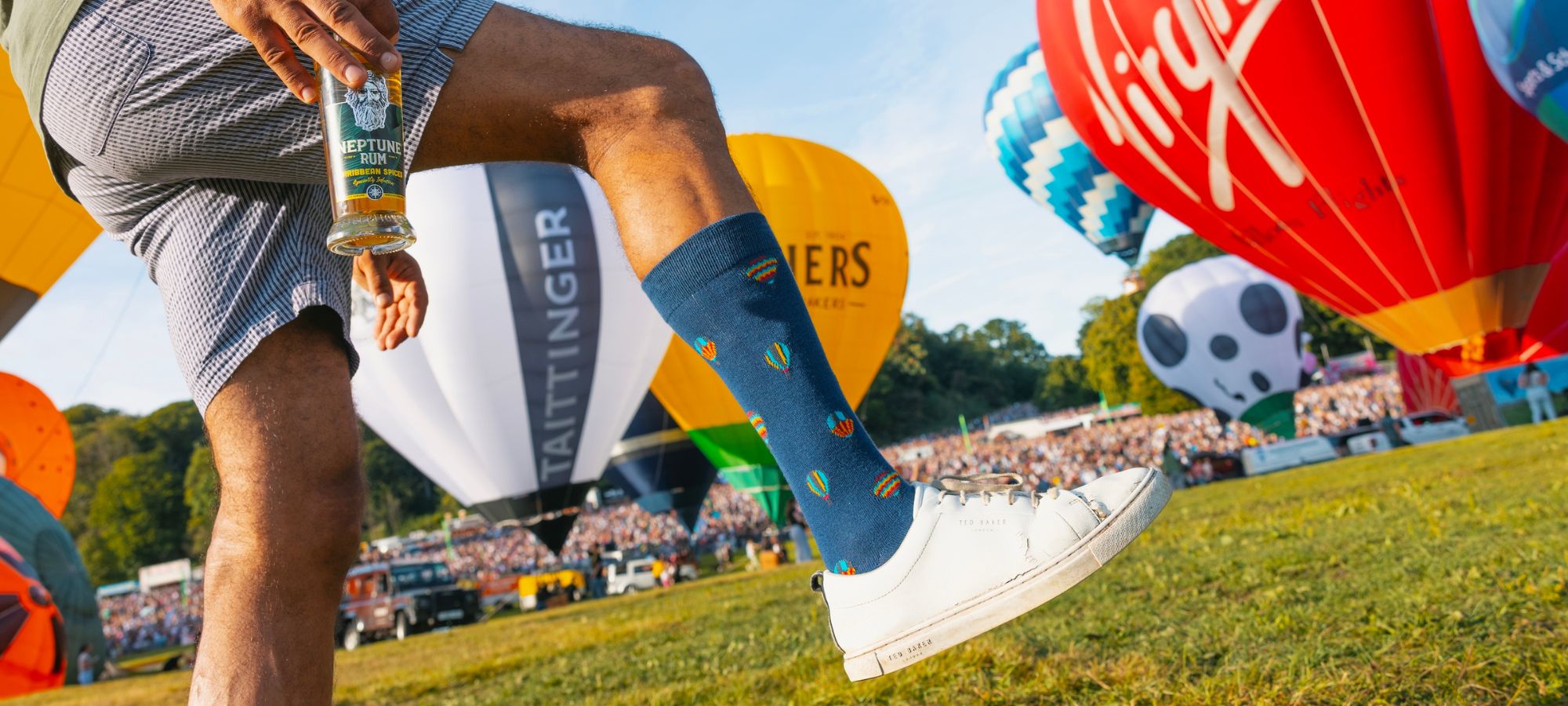
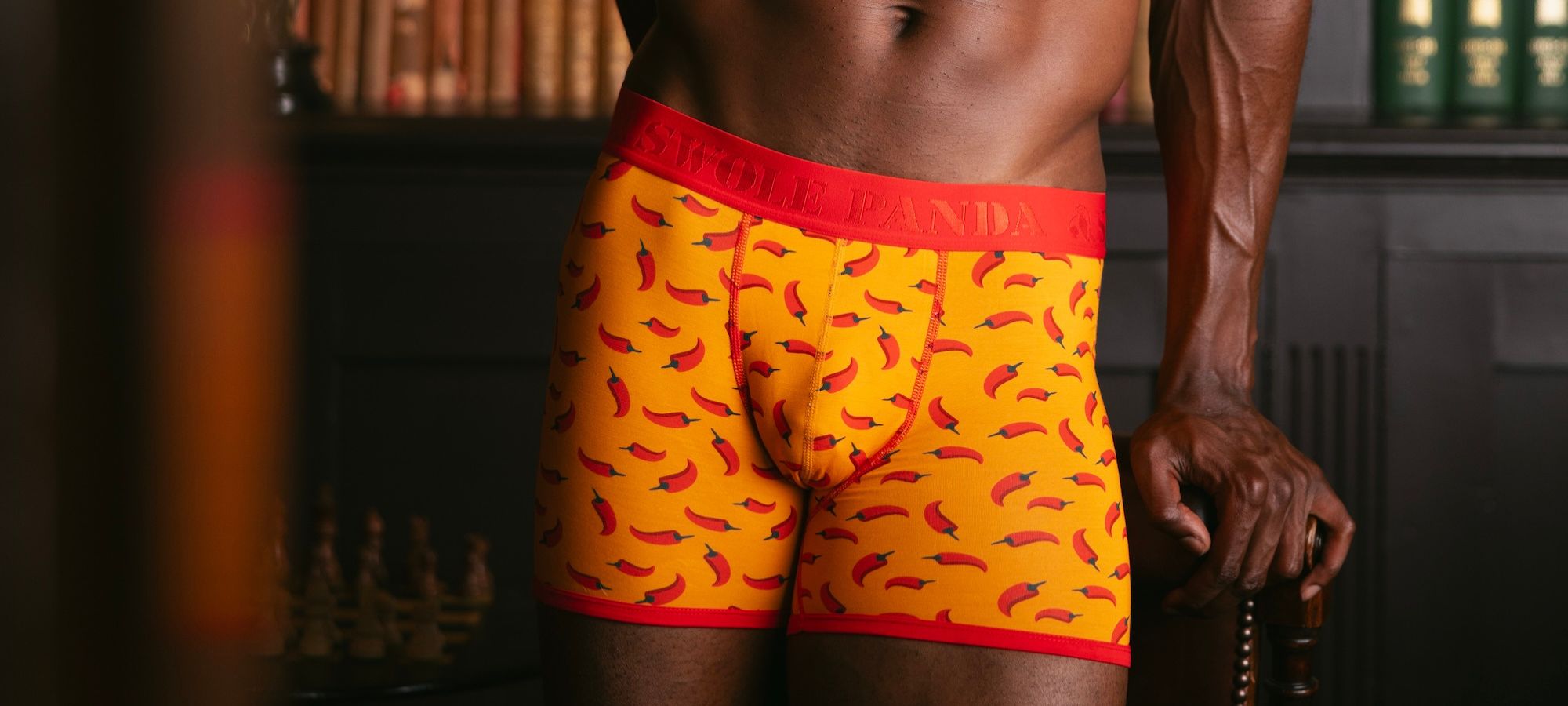
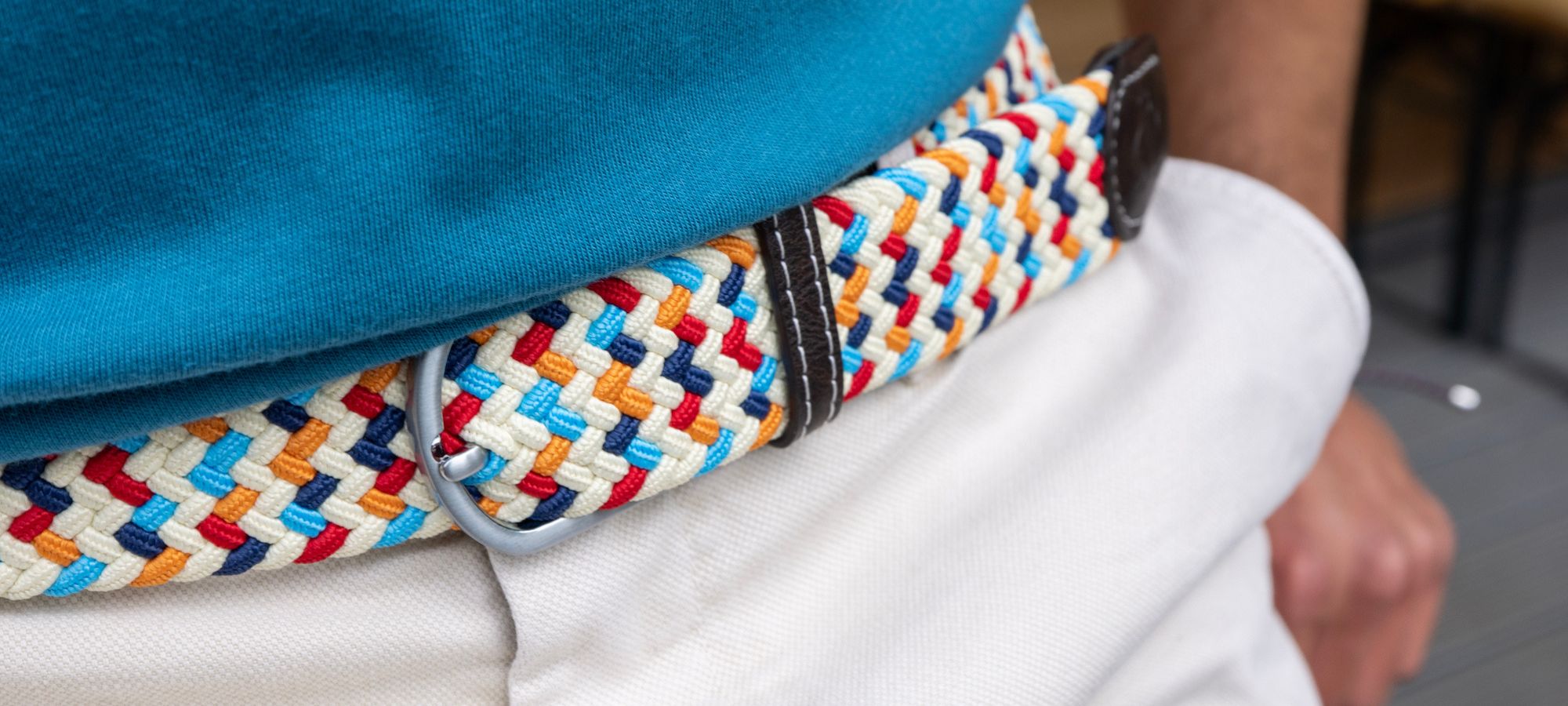

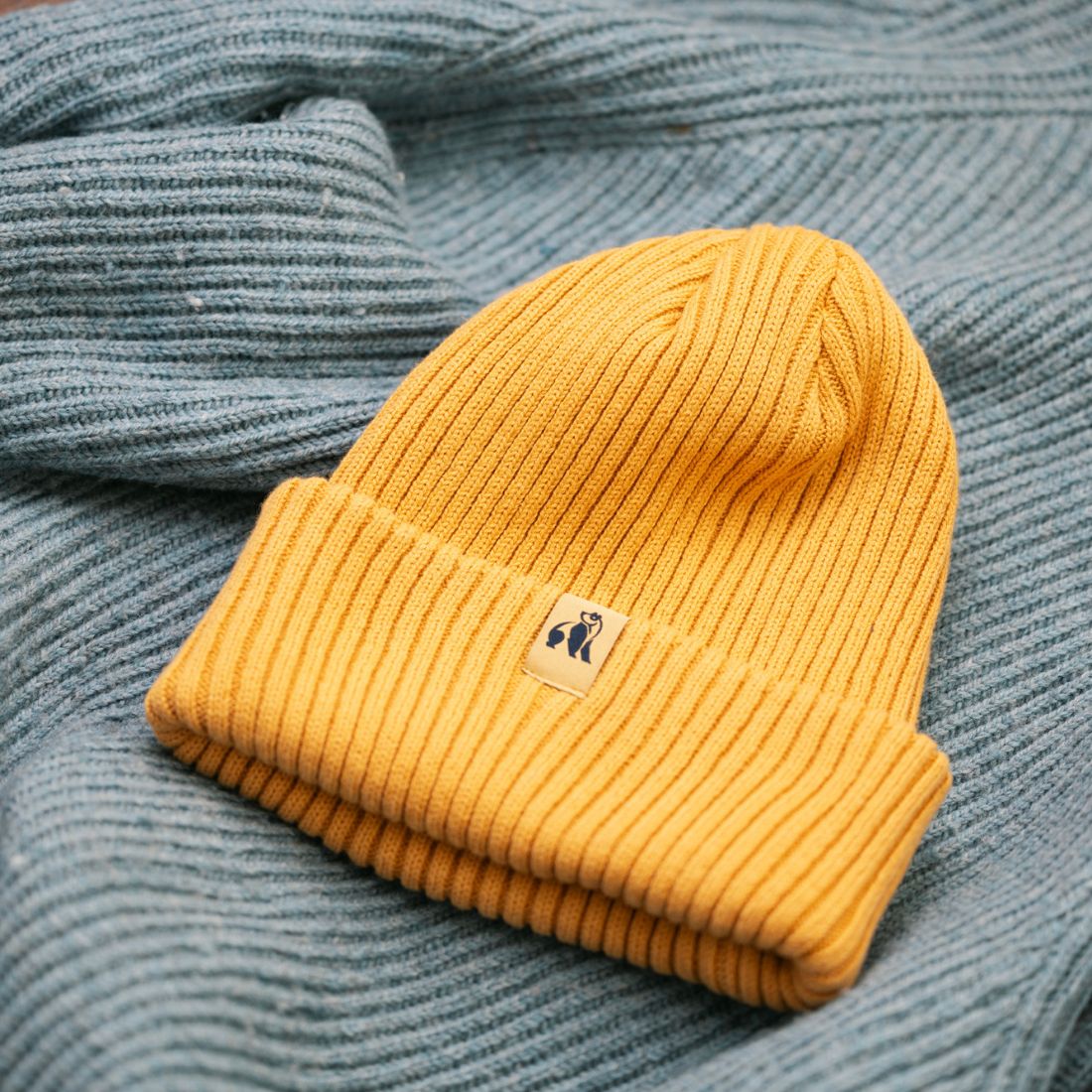
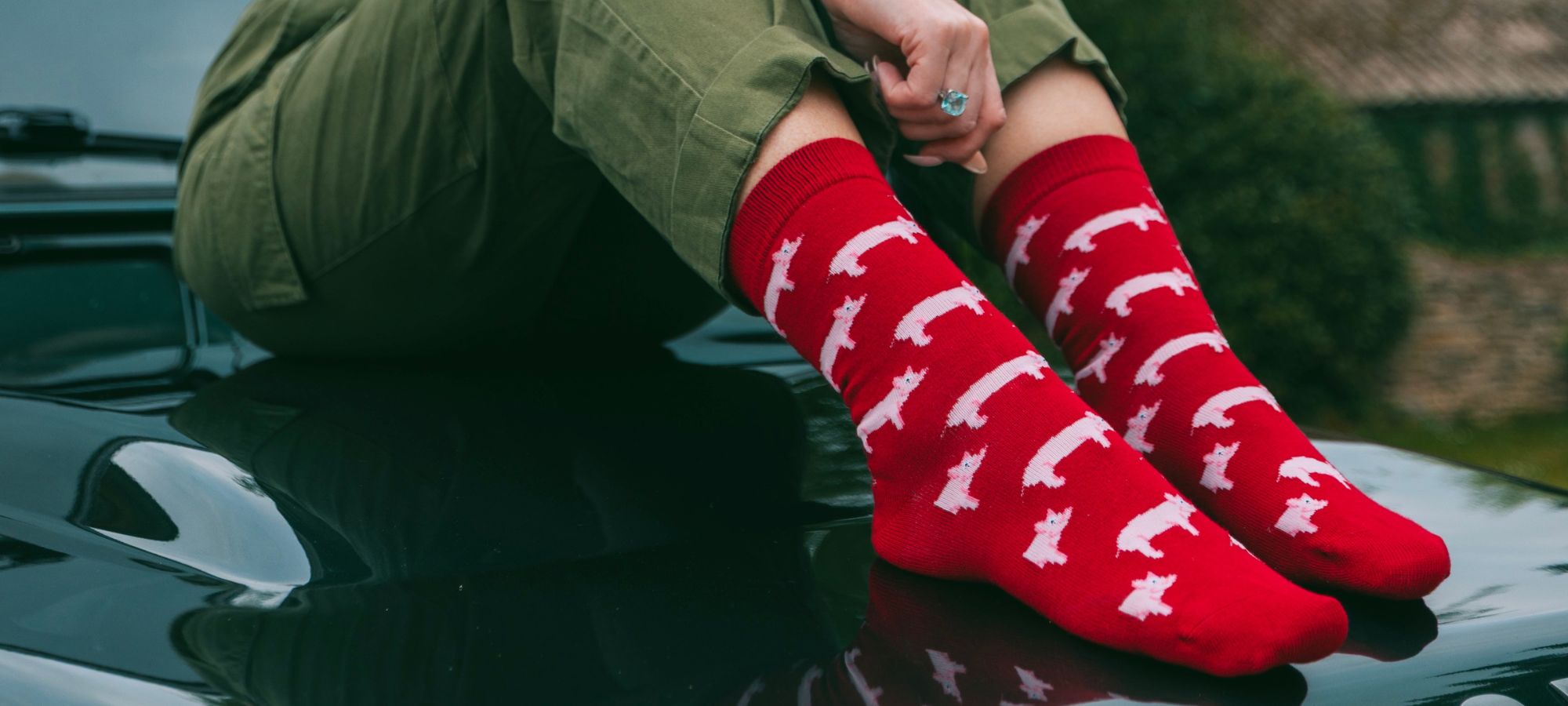
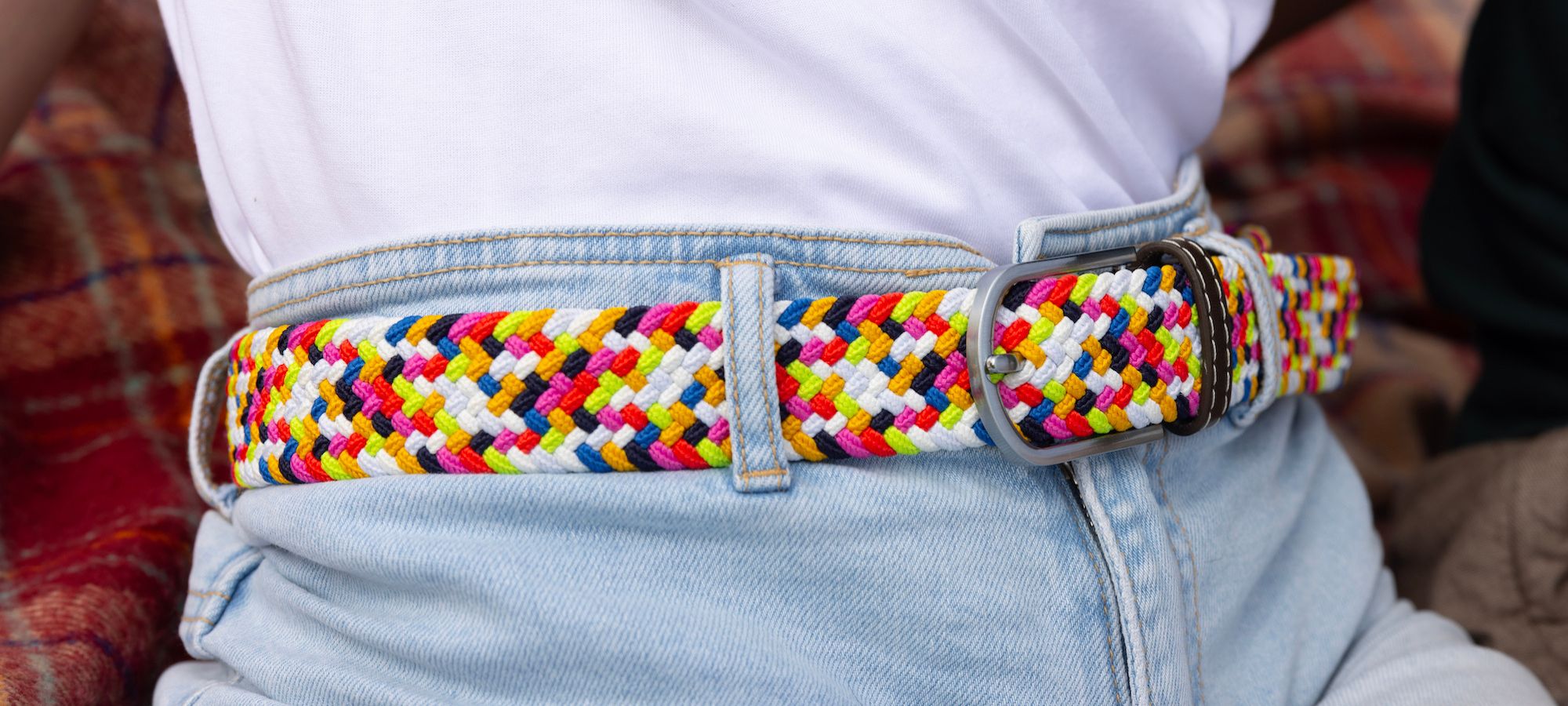
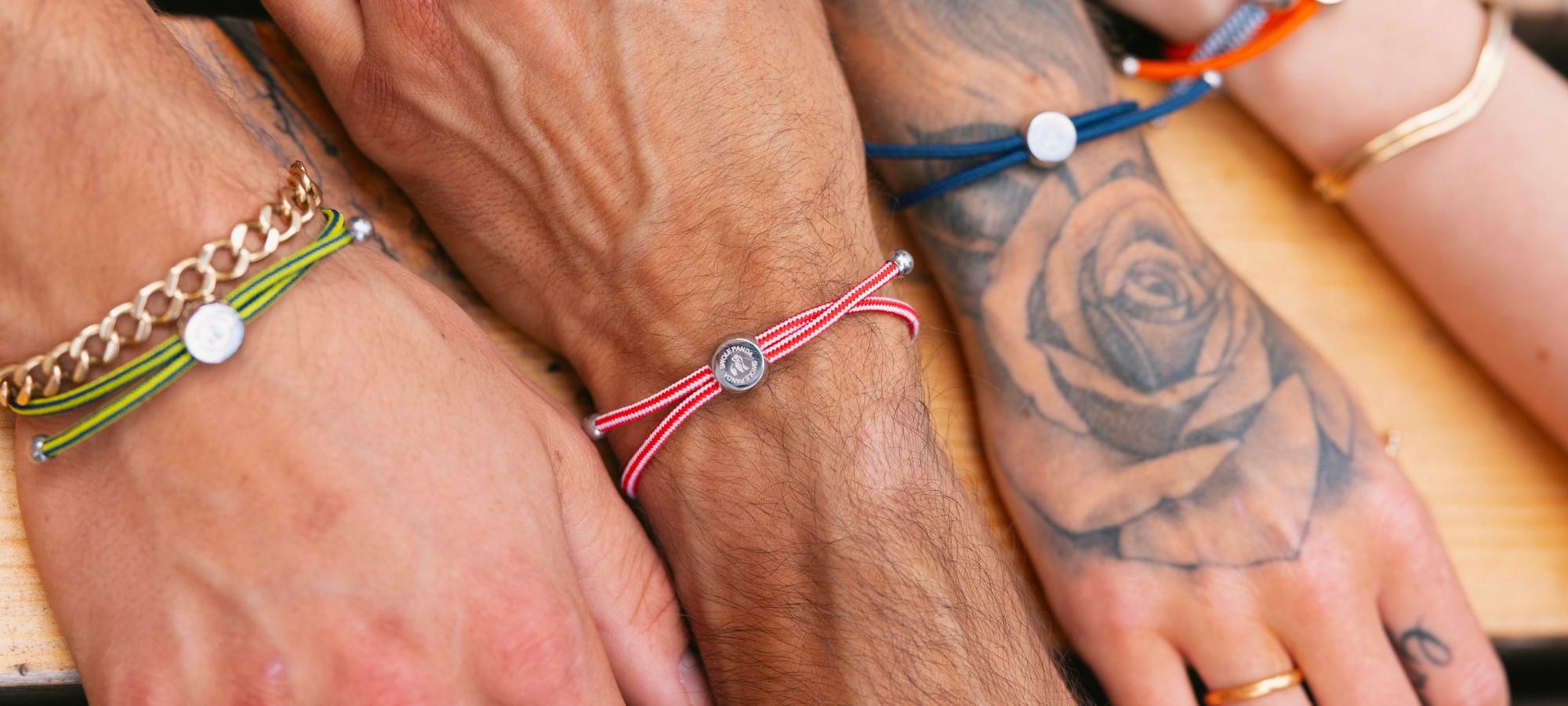
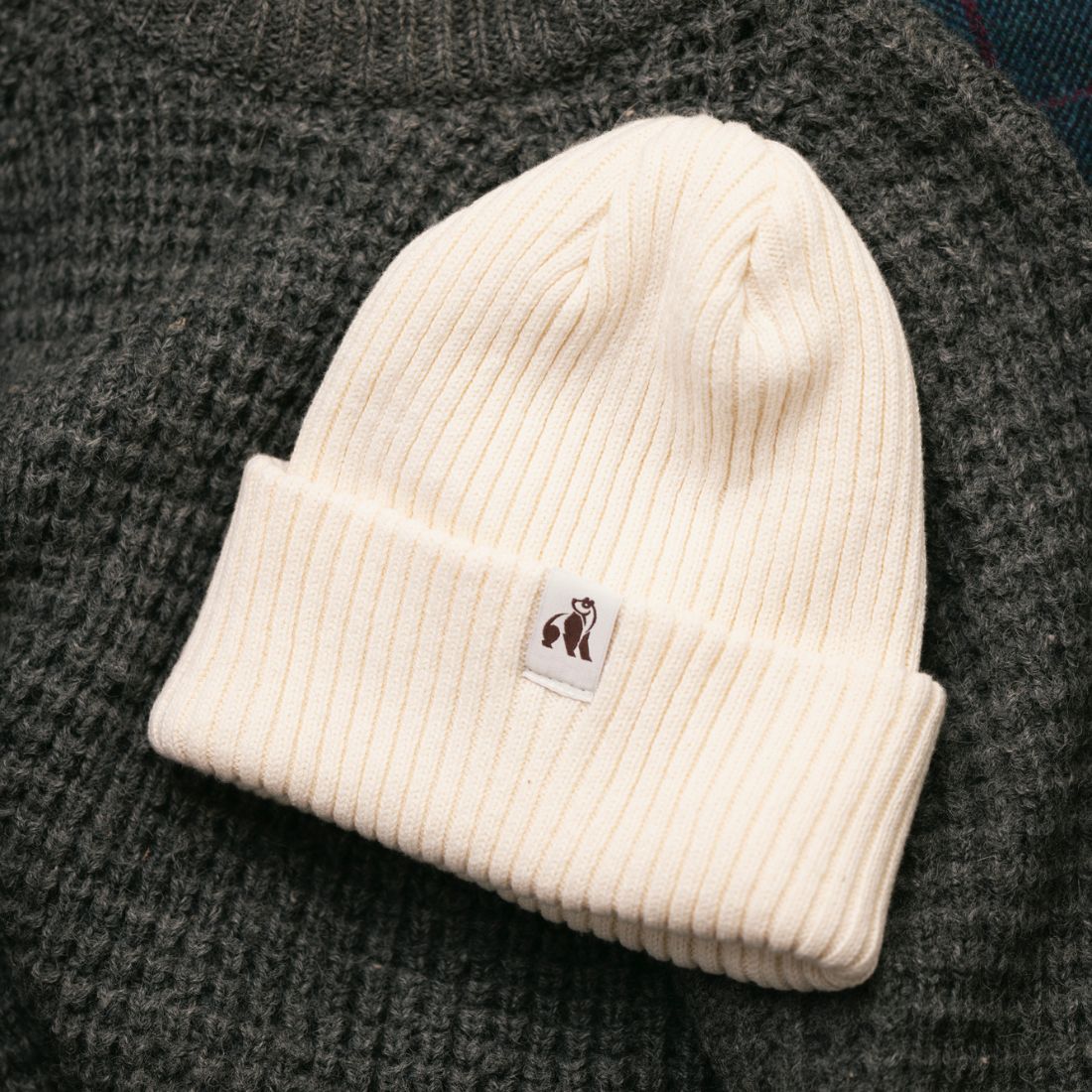
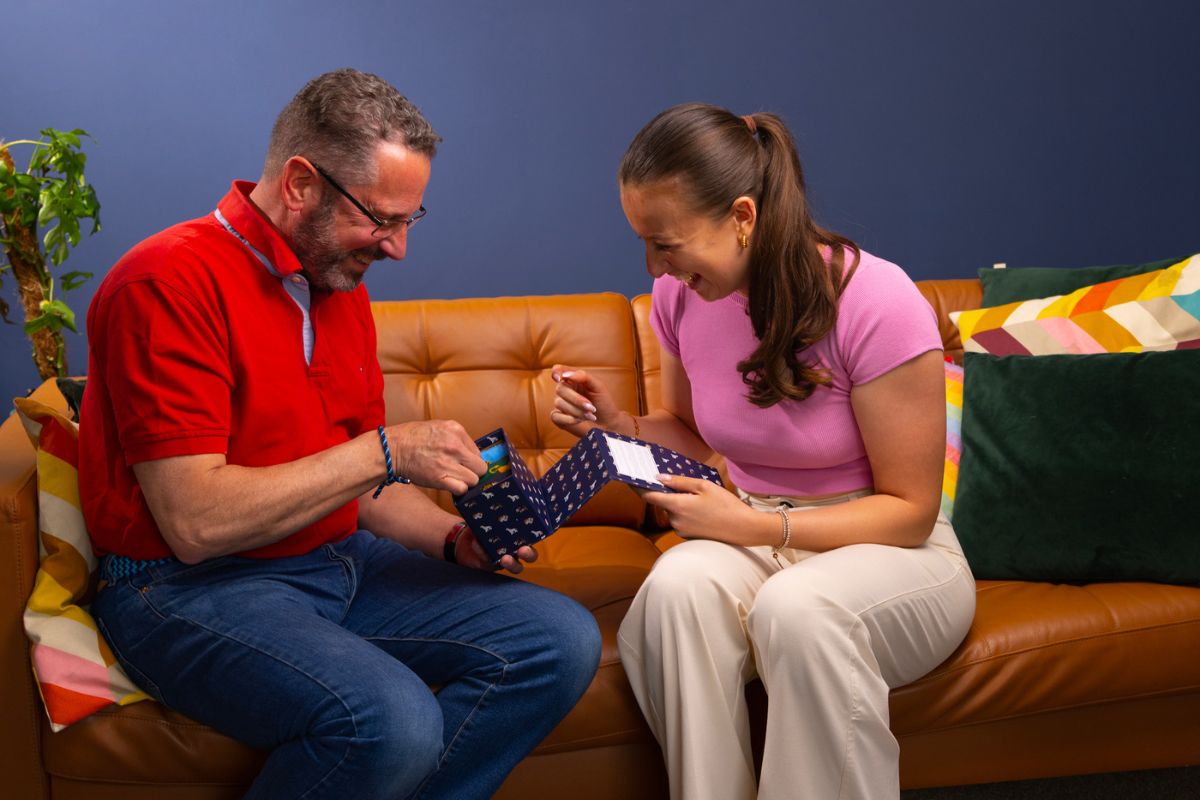
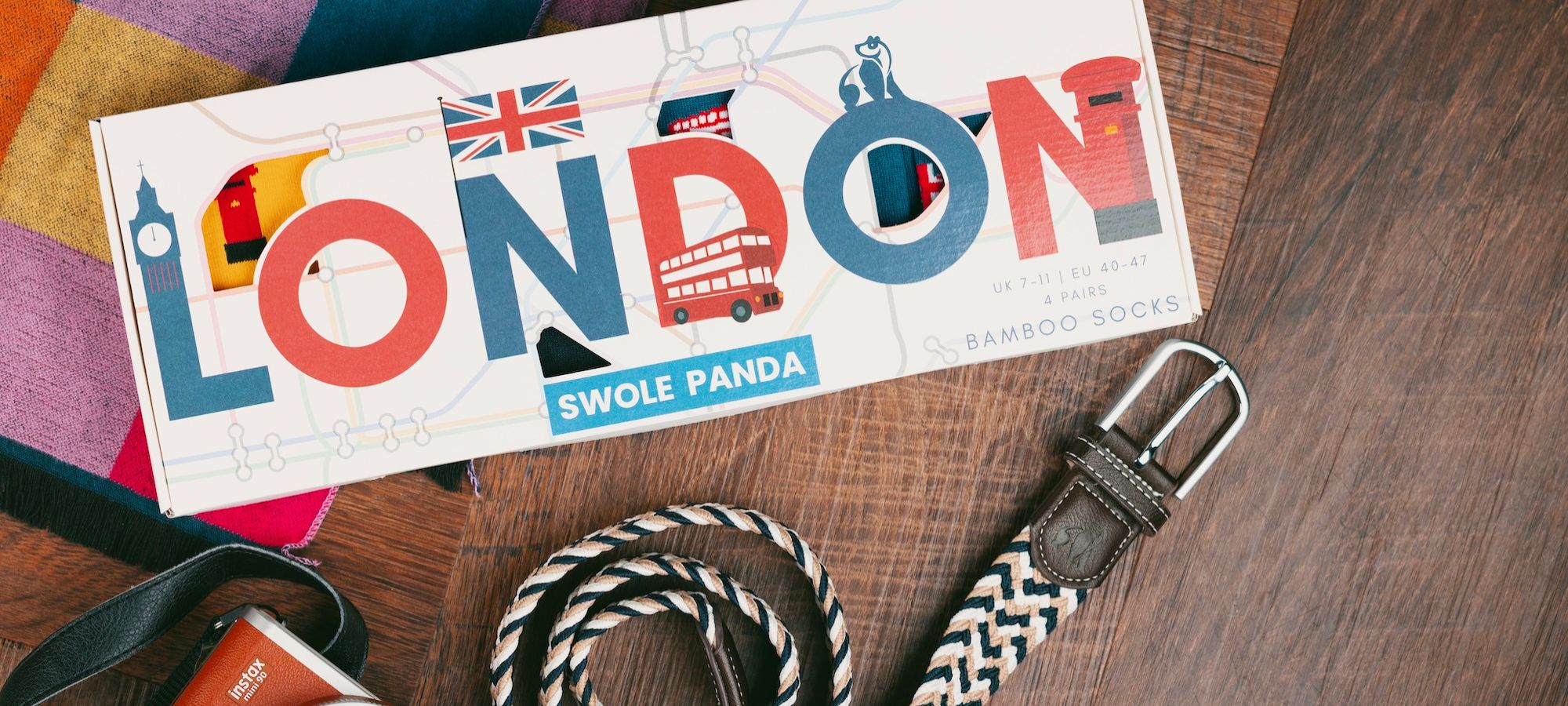
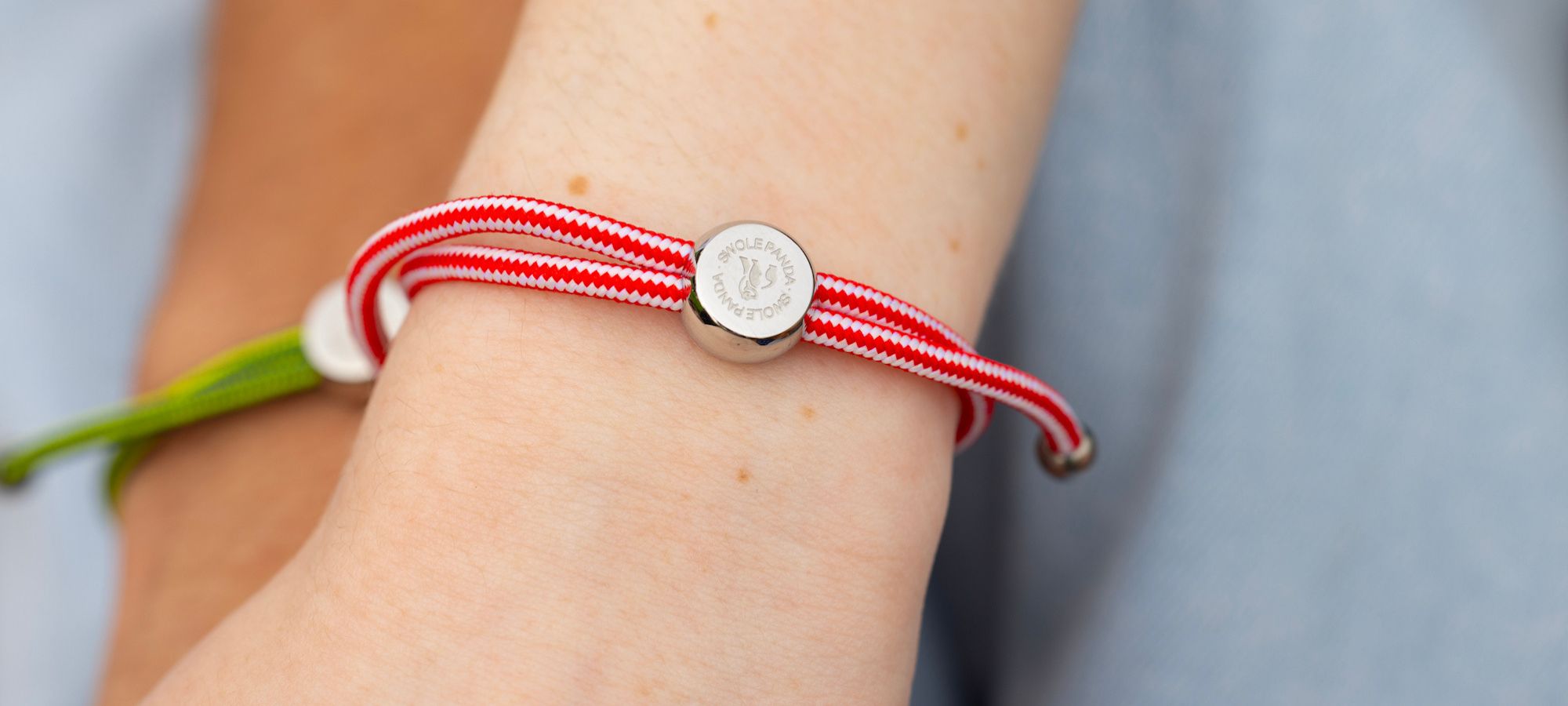
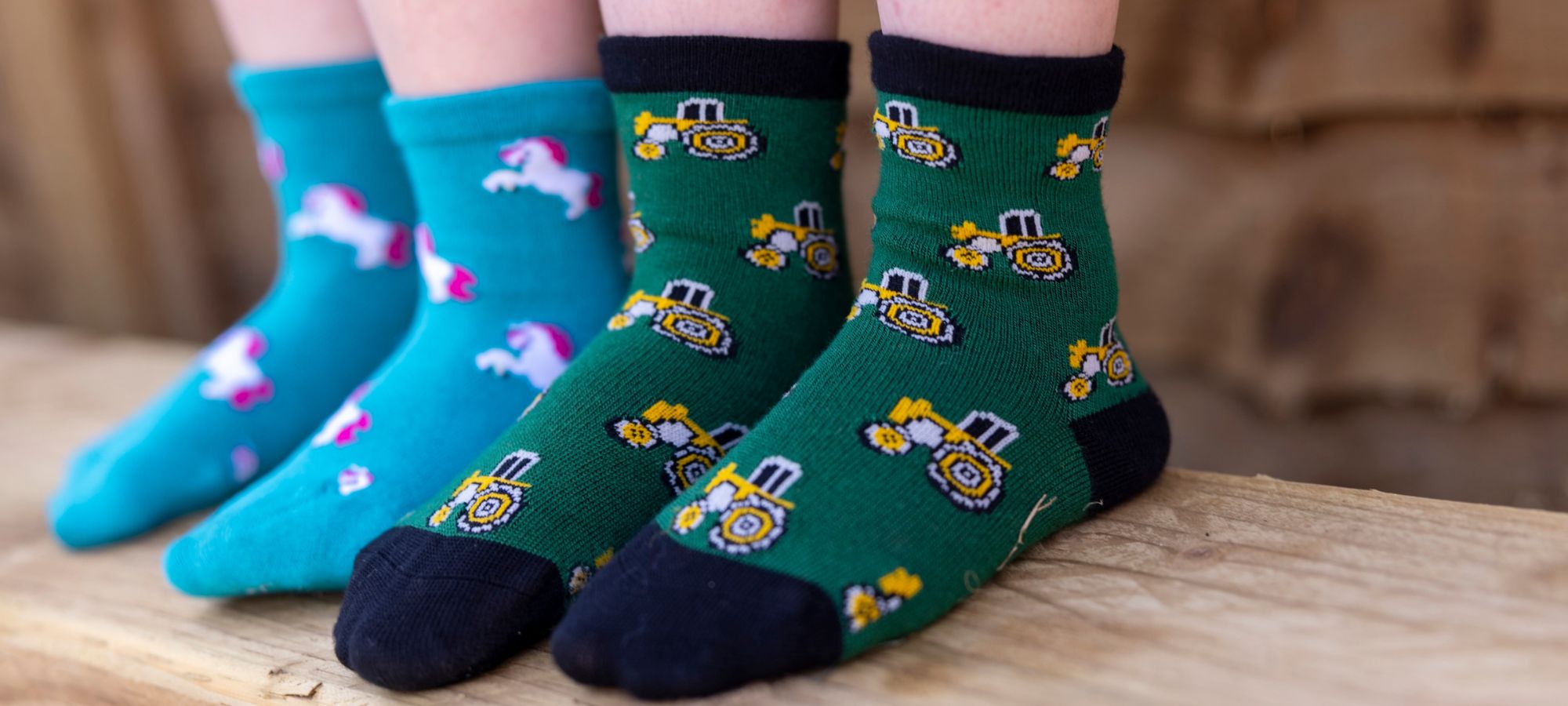
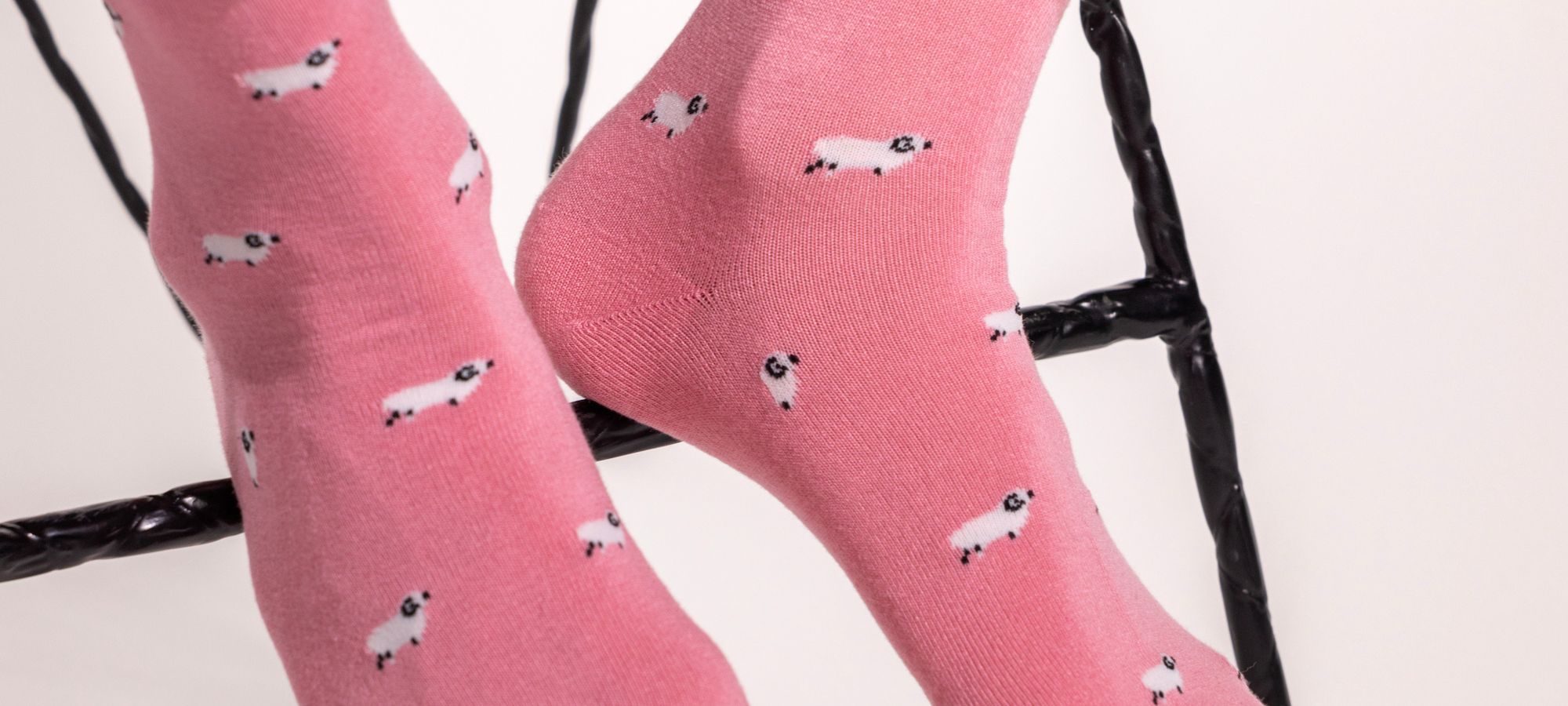

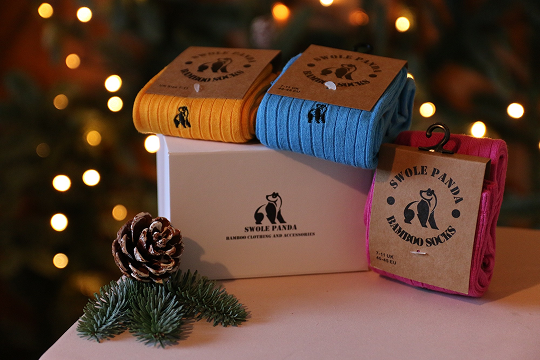
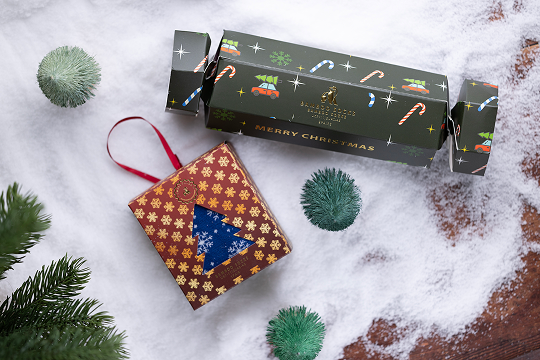
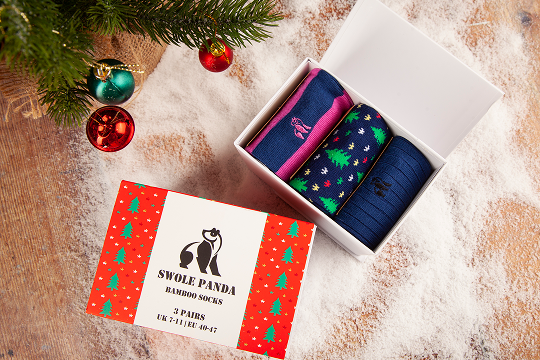



















Leave a comment